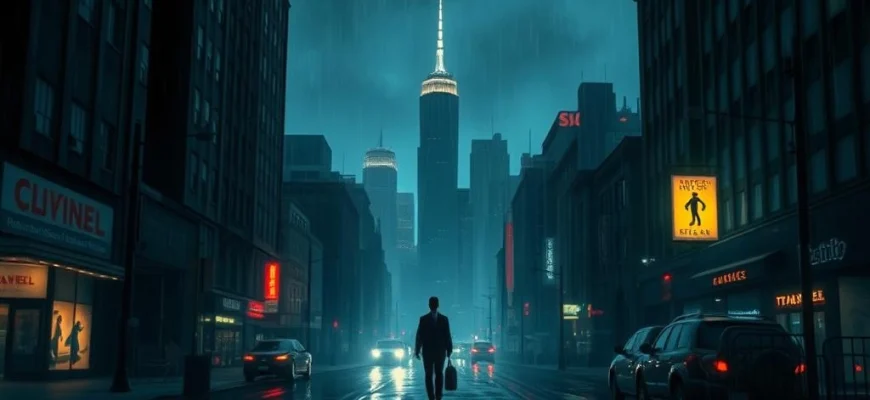If you were captivated by the raw intensity and noir sensibilities of 'The Naked Kiss' (1964), you're in for a treat. This article explores 10 movies and shows that share its dark themes, complex characters, and gripping storytelling. Whether you're a fan of vintage crime dramas or modern psychological thrillers, this list will satisfy your craving for more cinematic gems like Samuel Fuller's masterpiece.
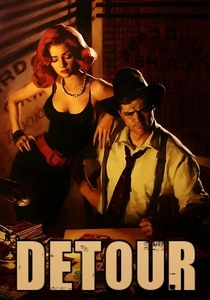
Detour (1945)
Description: A low-budget noir that captures a sense of relentless doom and paranoia, with a protagonist trapped in a downward spiral of fate and bad decisions.
Fact: The film was shot in just six days on a shoestring budget. Despite its rushed production, it has become a cult classic and is often cited as one of the best examples of film noir.
 Watch Now
Watch Now 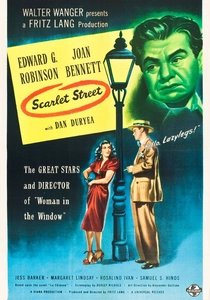
Scarlet Street (1945)
Description: A dark, tragic story of manipulation and downfall, with a protagonist whose weaknesses are exploited by those around him, leading to a grim conclusion.
Fact: The film was initially banned in several states due to its controversial themes and bleak ending. It was one of the first films to feature a protagonist who is not redeemed by the story's end.
 Watch Now
Watch Now 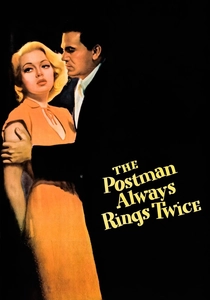
The Postman Always Rings Twice (1946)
Description: A steamy, morally complex tale of passion and crime, featuring a doomed love affair and a narrative driven by desperation and betrayal.
Fact: The film was controversial at the time for its overtly sexual content and violent themes. It was based on a novel by James M. Cain, who also wrote 'Double Indemnity.'
 Watch Now
Watch Now 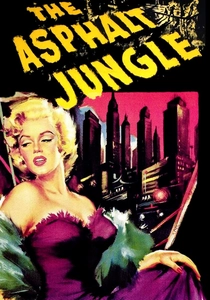
The Asphalt Jungle (1950)
Description: A detailed, character-driven heist film that examines the lives of criminals and the inevitable collapse of their plans, portrayed with a sense of realism and fatalism.
Fact: The film was one of the first to depict a heist in meticulous detail, influencing countless later crime films. It was also notable for its use of location shooting in urban settings.
 Watch Now
Watch Now 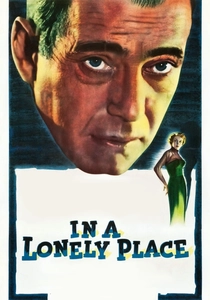
In a Lonely Place (1950)
Description: A psychologically intense drama about a troubled screenwriter suspected of murder, blending noir elements with a deep character study and a tragic romance.
Fact: The film's screenplay was adapted from a novel by Dorothy B. Hughes. It is often praised for its unconventional narrative and complex portrayal of its protagonist.
 Watch Now
Watch Now 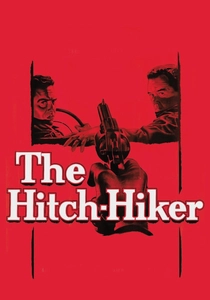
The Hitch-Hiker (1953)
Description: A tense, claustrophobic thriller about two men held captive by a sadistic hitchhiker, exploring themes of fear, survival, and human cruelty.
Fact: This film is often cited as the first film noir directed by a woman, Ida Lupino. It was based on the real-life crimes of serial killer Billy Cook.
 Watch Now
Watch Now 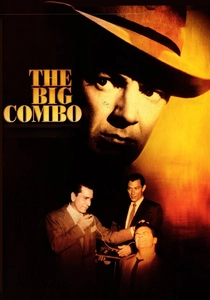
The Big Combo (1955)
Description: A hard-hitting crime drama with a focus on corruption and the blurred lines between law enforcement and criminals, shot in a stark, shadowy visual style.
Fact: The film's cinematography by John Alton is renowned for its innovative use of light and shadow. It was one of the first films to depict a police detective using wiretapping as an investigative tool.
 Watch Now
Watch Now 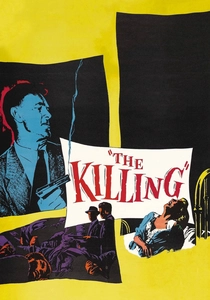
The Killing (1956)
Description: A meticulously plotted heist film that unravels due to human frailty and greed, featuring a non-linear narrative and a bleak, fatalistic tone.
Fact: This was Stanley Kubrick's first major studio film. The film's complex narrative structure influenced many later heist movies, including Quentin Tarantino's 'Reservoir Dogs.'
 Watch Now
Watch Now 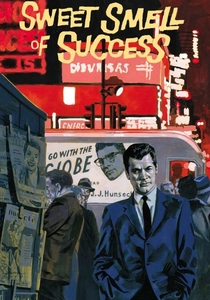
Sweet Smell of Success (1957)
Description: A gritty noir film that delves into the dark underbelly of media and power, featuring morally ambiguous characters and sharp, cynical dialogue.
Fact: The screenplay was co-written by Clifford Odets and Ernest Lehman, based on Lehman's own novella. The film was initially a box office failure but has since been recognized as a classic.
 Watch Now
Watch Now 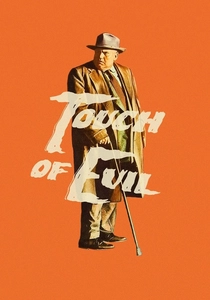
Touch of Evil (1958)
Description: A tense, atmospheric thriller that explores themes of corruption, justice, and moral ambiguity, with a visually striking, almost surreal aesthetic.
Fact: The film's famous opening shot is a three-minute, uninterrupted tracking shot that has been studied and admired by filmmakers for decades. It was Orson Welles' last Hollywood studio film.
 Watch Now
Watch Now 
